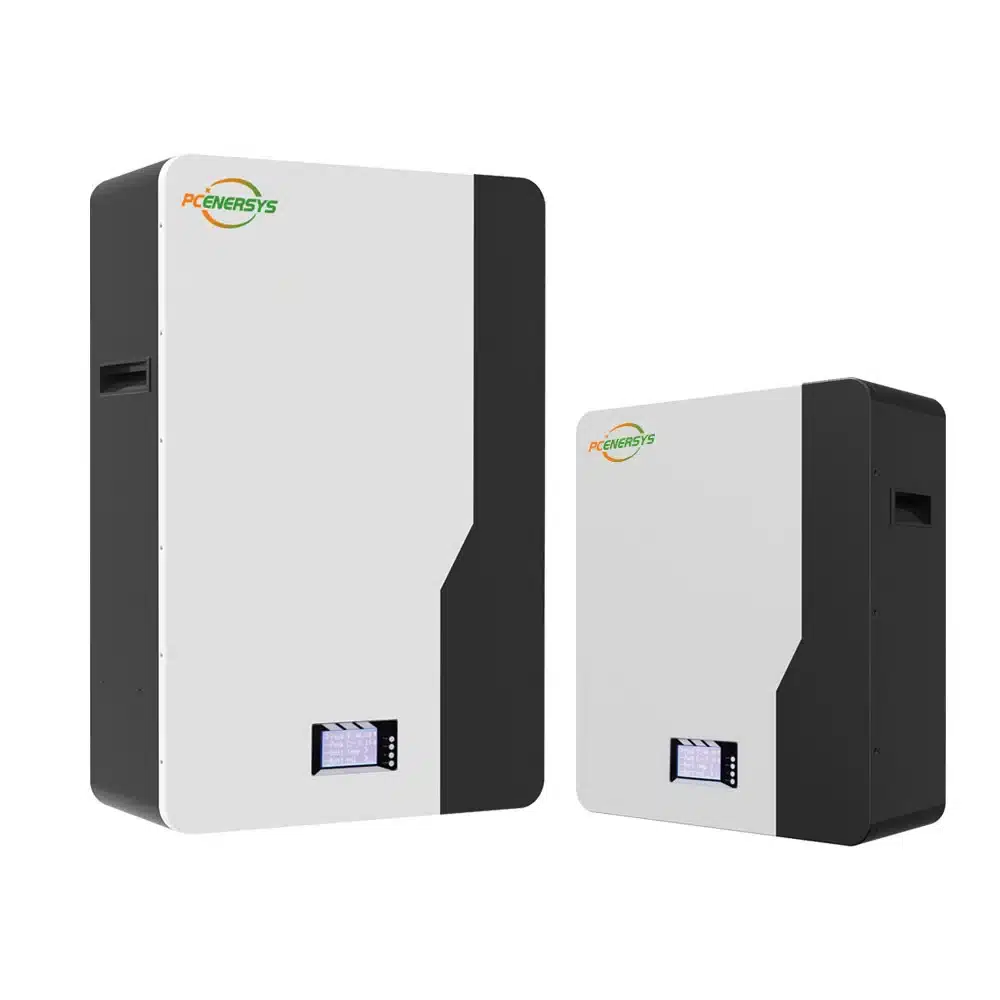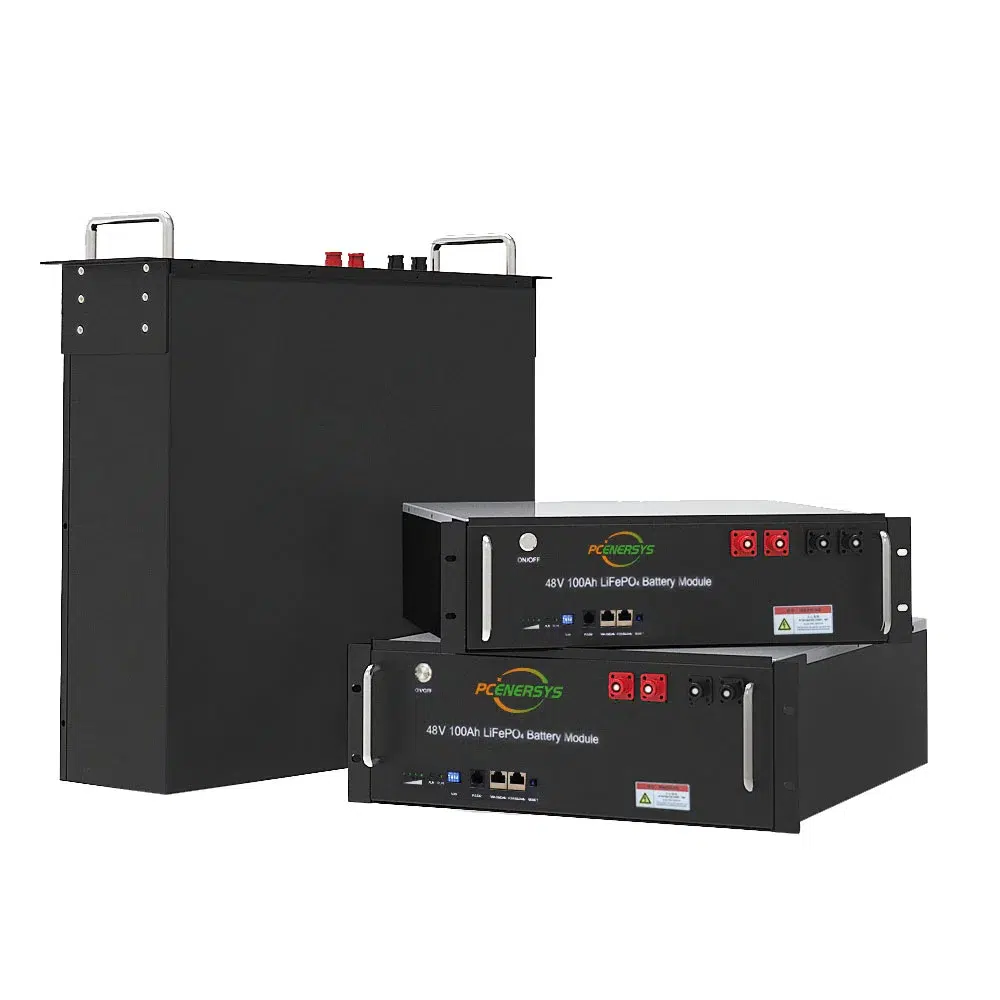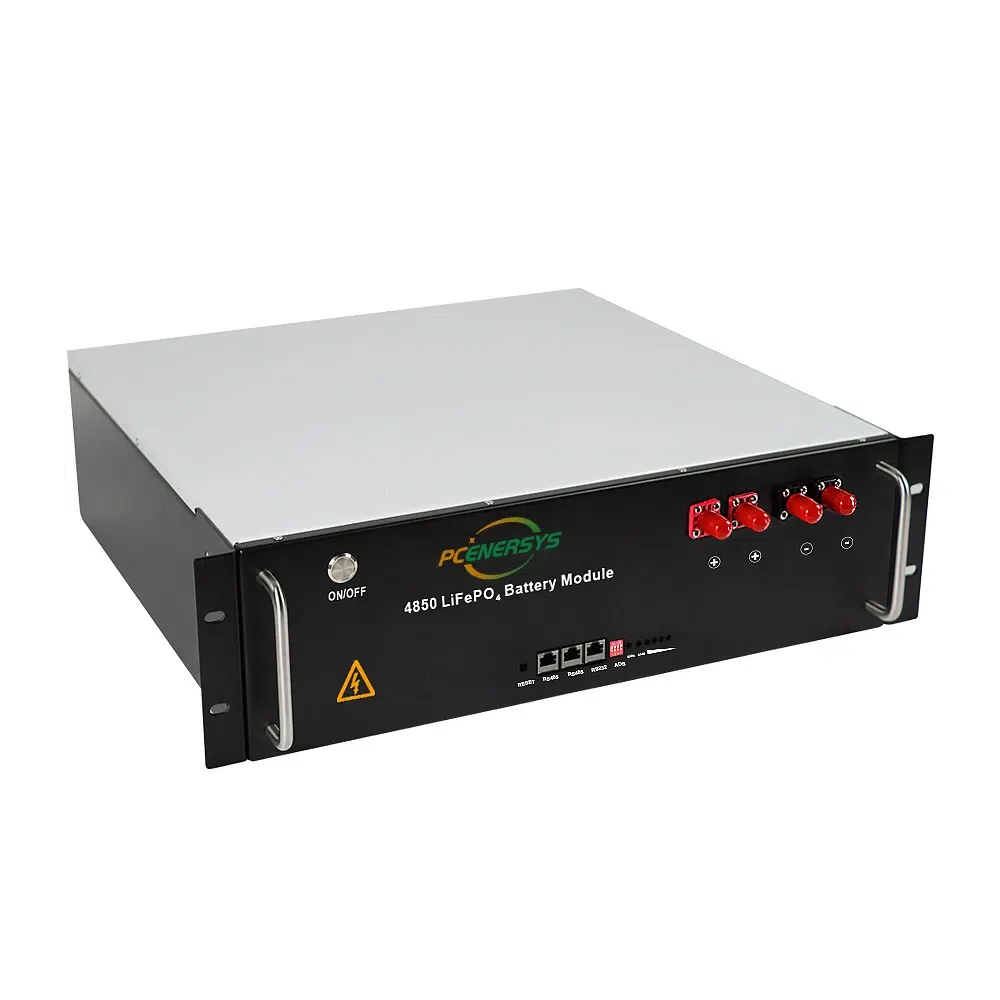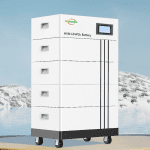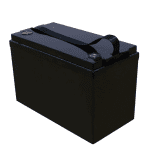The popularity of energy storage batteries has changed how many families use electricity. Before the beginning, people would use traditional lead-acid battery systems to power their home applications. With the development of energy storage technology, the 48V LiFePO4 Powerwall appeared. Such energy storage systems also accelerate the transition to renewable energy solutions. Many users of traditional energy storage batteries don’t know the advantages of 48V LiFePO4 Powerwall. In this guide, we will introduce its advantages over traditional lead-acid systems.
Core Advantages of 48V LiFePO4 Powerwall
One of the core advantages of 48V LiFePO4 Powerwalls compared to lead-acid batteries is their durability and service life. Unlike lead-acid batteries, the 48V LiFePO4 Powerwall maintains structural integrity and performance in various environmental conditions.
Lead-acid batteries typically have a lifespan of around 500 to 1,000 charge cycles. Typically, LiFePO4 batteries in Powerwall configurations can deliver up to 4,000-8,000 charge cycles while retaining over 80% of their original capacity. This is in stark contrast to lead-acid batteries. The extended cycle life of LiFePO4 batteries also reduces the number of battery replacements. In addition, the self-discharge rate of LiFePO4 batteries is approximately 2-3% per month, significantly lower than that of lead-acid batteries, which is approximately 5-10%.
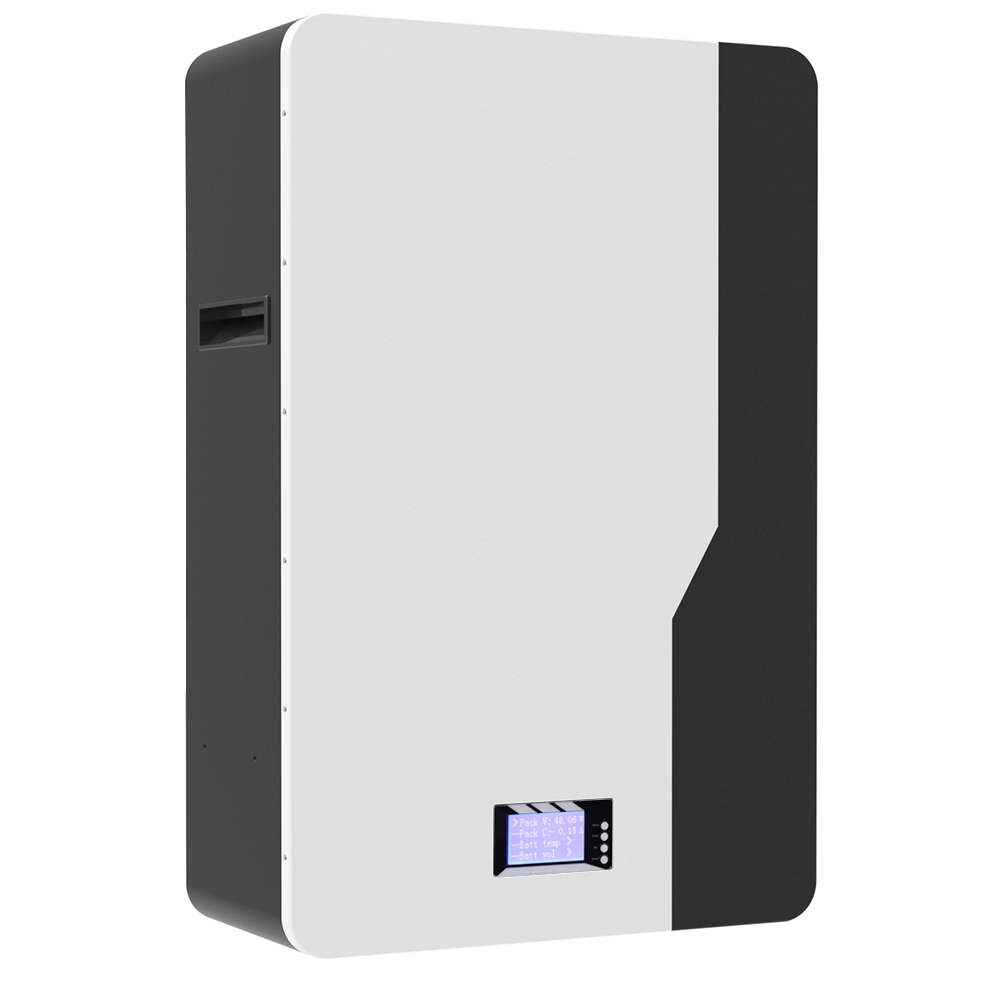
Safety and stability of 48V LiFePO4 Powerwall
Safety is very important for energy storage batteries. The 48V LiFePO4 Powerwall is also safer than traditional lead-acid batteries. Its chemical properties are inherently safer than lead acid and have good thermal and chemical stability. Reduced risk of overheating and potential thermal runaway. In addition, LiFePO4 batteries have a lower operating voltage per cell, which can also reduce the risk of high-voltage accidents. This lower voltage, combined with the rugged internal structure, also reduces the possibility of short circuits, another common danger with batteries. LiFePO4 batteries also have more stable battery performance than traditional lead-acid batteries, allowing for consistent discharge rates without significant drops in power.
Efficiency and performance
Regarding efficiency and performance, the 48V LiFePO4 Powerwall is better than lead-acid batteries in every indicator, and its high round-trip efficiency is usually between 92% and 98%. This suggests that much of the energy stored in the LiFePO4 Powerwall can be recovered and used, whereas lead-acid batteries are typically less efficient, around 80 to 85 percent. In addition, LiFePO4 batteries have a flat voltage curve during discharge, providing consistent power output and voltage levels. In terms of performance, they have a greater depth of discharge (DoD). While lead-acid batteries should generally not be discharged beyond 50% of their capacity to avoid rapid degradation, LiFePO4 batteries can be regularly discharged to 80-100%. At the same time, There will be no significant impact on its longevity or performance.
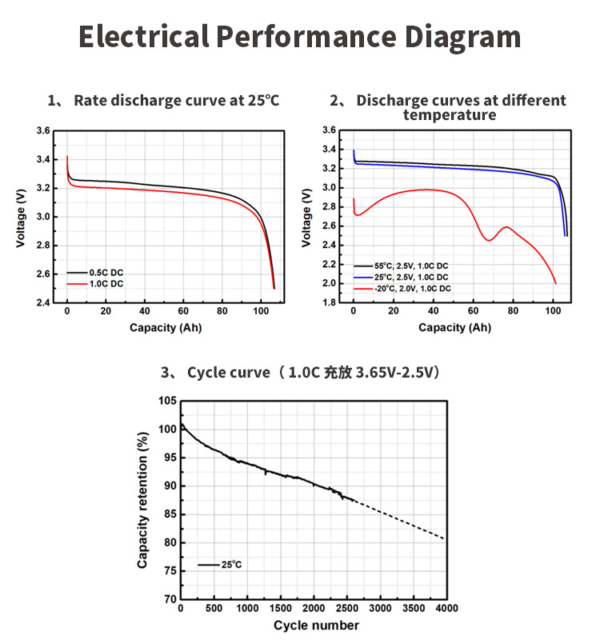
Environmental impact
Of course, choosing the 48V LiFePO4 Powerwall instead of lead-acid batteries is also due to environmental considerations. LiFePO4 batteries are more environmentally friendly and contain fewer toxic substances. It is easier and safer to dispose of even at the end of its useful life, and there is less risk of contamination. Although both LiFePO4 Powerwall and lead-acid batteries are recyclable, recycling is inherently less polluting because the former does not contain heavy metals such as lead. Lead-acid battery recycling requires careful handling of toxic materials, more energy, and stricter protocols to prevent environmental pollution.
Maintenance and availability
Different from lead-acid batteries in terms of maintenance, 48V LiFePO4 Powerwall requires almost no maintenance, they do not require watering. This sealed, maintenance-free design eliminates the need for routine maintenance tasks critical to the health and longevity of lead-acid batteries. Additionally, LiFePO4 batteries are less susceptible to sulfation, a common problem with lead-acid batteries that can occur if they are not fully charged regularly. Sulfation can significantly reduce the efficiency and lifespan of a lead-acid battery, thereby increasing its maintenance requirements. In contrast, the chemistry of LiFePO4 cells ensures that they do not suffer from similar degradation mechanisms.
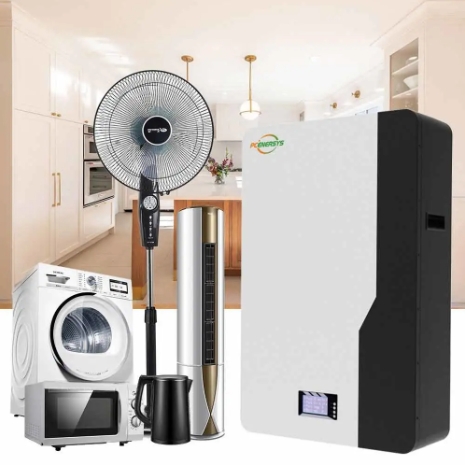
Choose the right energy storage battery
48V LiFePO4 Powerwalls break through traditional energy storage technology by offering superior durability, safety, and efficiency compared to traditional lead-acid batteries. Whether you are a traditional energy storage battery user or a user who wants to try it for the first time, the LiFePO4 battery system is an excellent choice.

